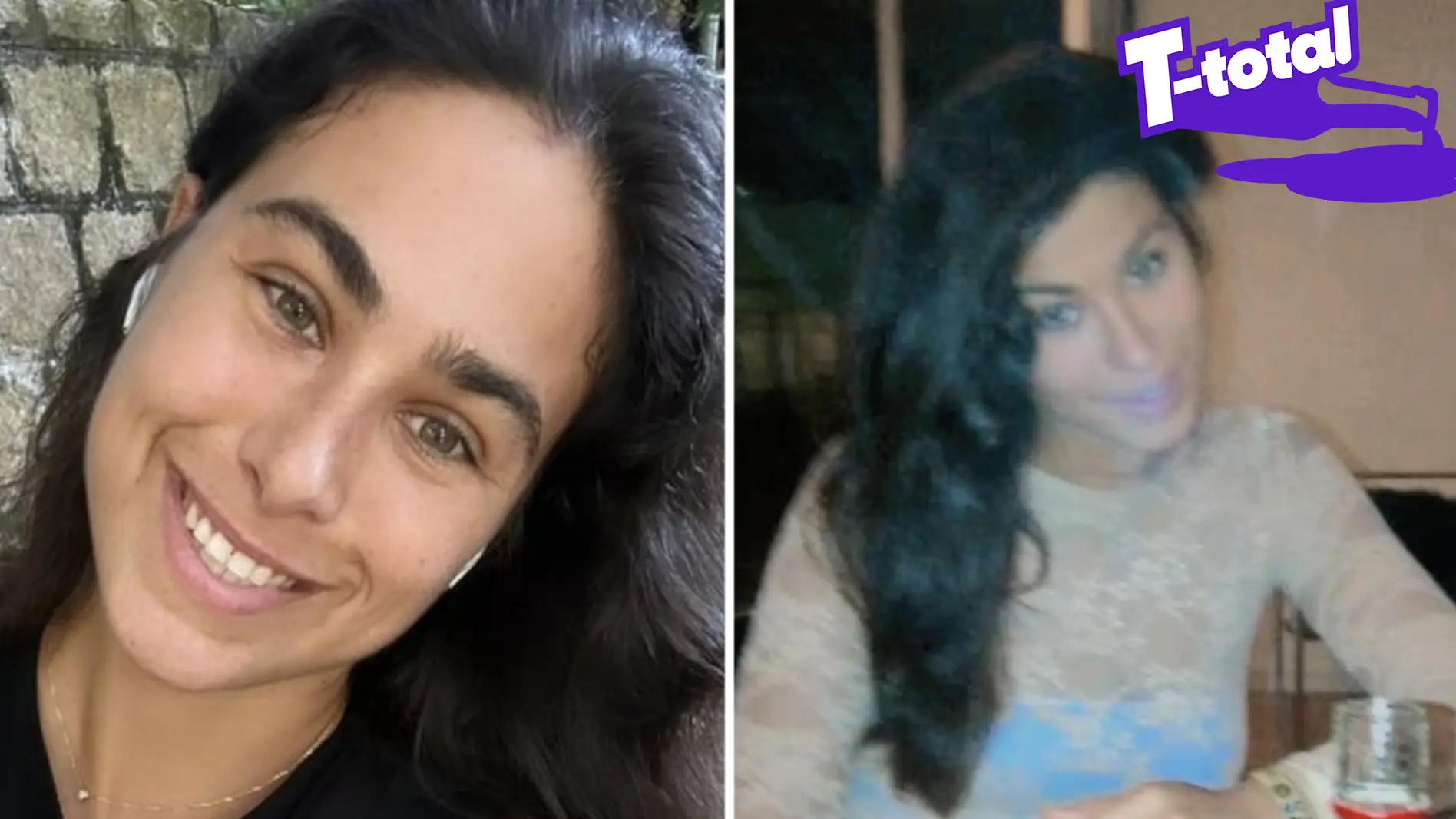
A woman who checked into rehab when she was a teenager has revealed the biggest signs that somebody has an addiction.
Lauren White was just 18-years-old when she approached her parents to tell them she needed help.
After spending five years struggling with an eating disorder as well as a debilitating addiction to alcohol and other substances, Lauren, from Hertfordshire, had reached rock bottom.
Now 31, Lauren has spent almost 12 years not only working on her own sobriety journey, but helping others who are also struggling with addiction.
Advert
Here, she tells Tyla about some of her darkest moments, as well as revealing the biggest tell-tale signs of addiction.
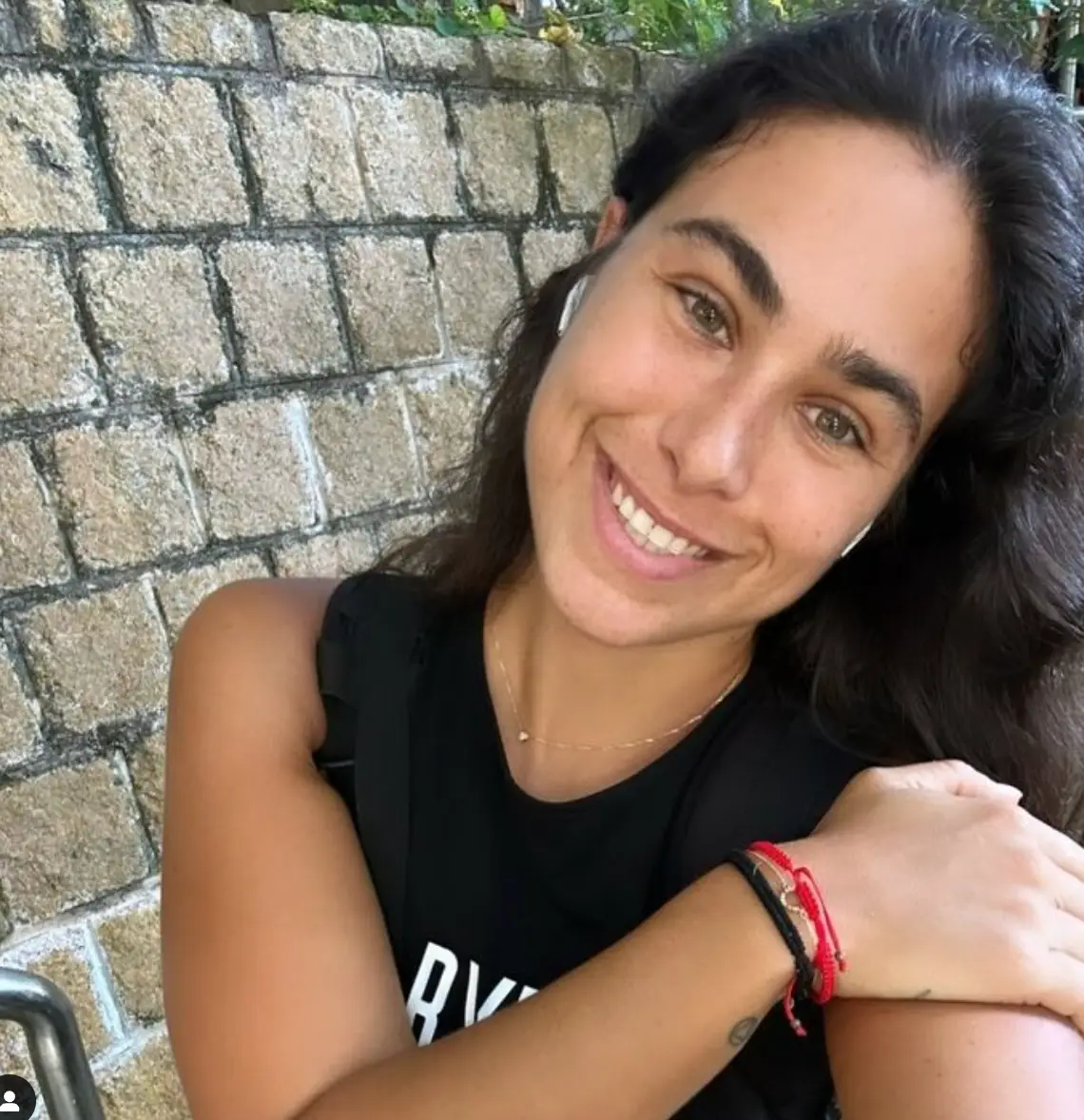
"I started drinking at the age of 13," Lauren tells Tyla.
"Due to my own childhood trauma and self-esteem issues, I drank to cope with life.
"I also had an eating disorder, which I believe was the root cause of my addiction, but alcohol was like my best friend throughout. I was doing a lot of drugs, bingeing on food and even drinking vodka to fall asleep. It made me hate myself so much I couldn't even look at myself in the mirror.
“I didn’t know how to live without drinking and my addictions.”
Lauren was at university when she finally realised she needed to get help.
"Everybody thought I was having so much fun but nobody knew the truth about how much I was suffering," she explains.
"Every day I hated myself so much and felt like I couldn't live anymore. This was my rock bottom. I ended up telling my parents I had a problem, which led to me checking into rehab."
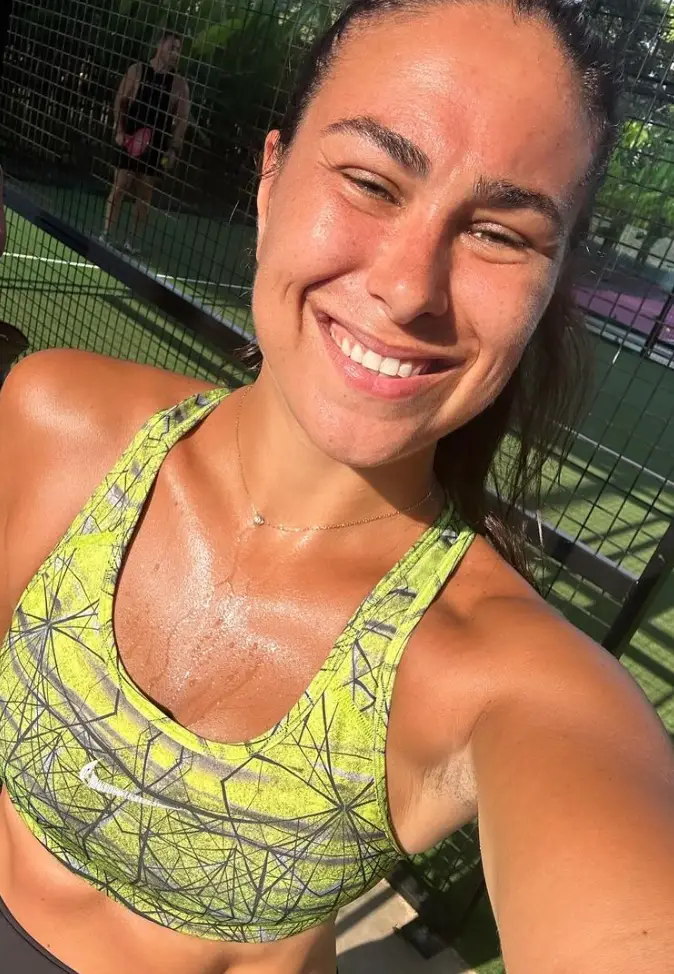
Lauren credits her decision to seek help with saving her life, explaining: "I would be dead. Or I would be half the person I am now, I wouldn’t be functioning, I wouldn’t be happy.
"I grew up thinking an alcoholic was a whisky drinker on a park bench but it can happen to anyone.
"I had a lot of trauma in my childhood, my mum had breast cancer when I was 12 and my younger brother was in hospital with cancer which affected me.
"At that moment in time, alcohol was better than living reality."
After spending four months in rehab, Lauren explains she had to 'take a step back' from her previous life, which left her losing friends.
"They just didn’t get it, I had to really take a step back from a lot of things I was doing. I lost a lot friends and it was quite lonely," she explains.
"People used to say 'you weren't that bad' but actually this is one of the reasons why a lot of people don't stop drinking - they think they’re not that bad and it could be worse."
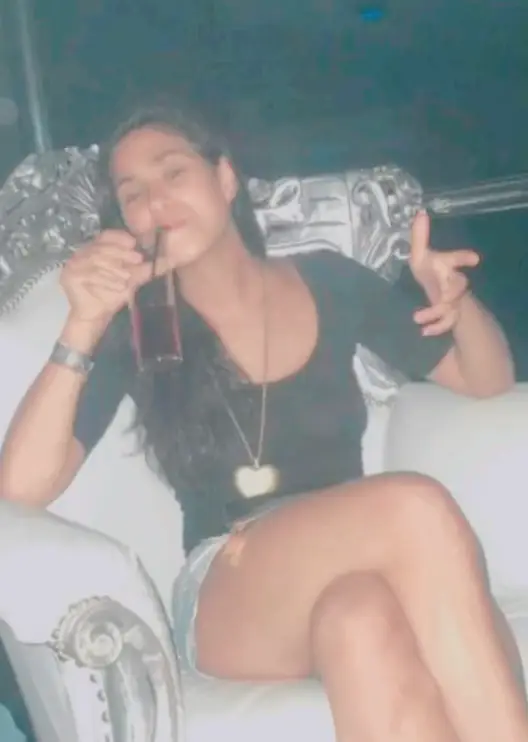
Lauren is now a motivational speaker, life coach and addiction counsellor, where she helps others overcome their struggles with addiction.
Here, she explains some of the biggest tell-tale signs of alcohol dependancy:
Denial
Lauren says that denial is often a huge red flag when it comes to addiction.
"One of the first steps is saying that you've got a problem, whether that's to a friend or a family member or therapist," says Lauren.
"The feeling you have when you surrender is the most incredible thing.
"There needs to be some sort of rock bottom, whether physical, emotional or spiritual, for someone to surrender. Nobody else can tell somebody to stop. I always say to people, 'If you think you have a problem, you probably have a problem.'"
Isolation
Isolating yourself from friends and family, or hiding how much you're drinking, can also be a big indicator.
"If you see someone who is drinking too much and is denying it, or someone who is isolating and hiding stuff - that can be a big sign," says Lauren.
"If you don't think you've got a problem, try and stop drinking first."
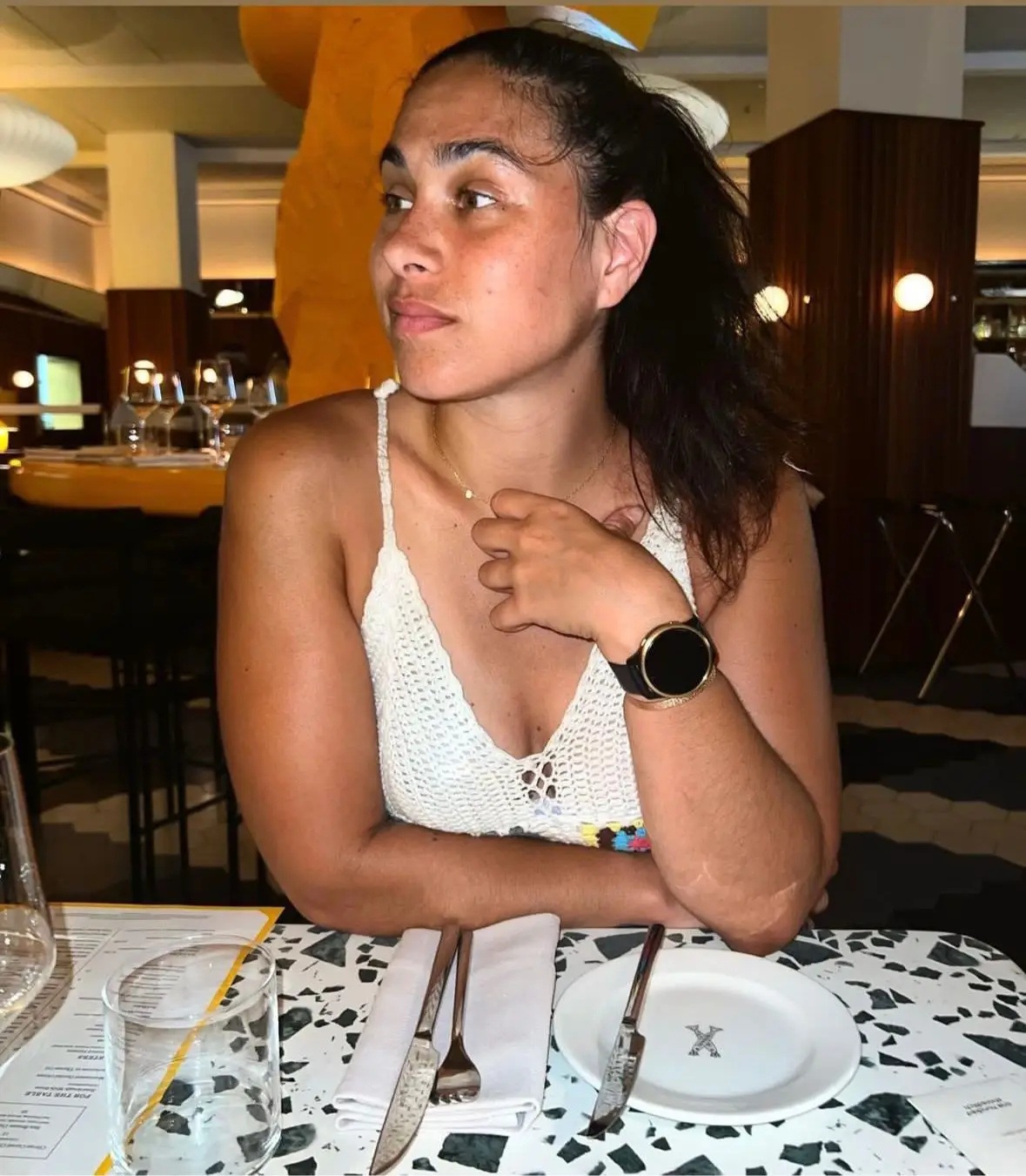
Physical changes
Lauren explains that often, people who have an addiction to alcohol will have noticeable physical changes, including a 'puffy face'.
"Another sign is someone who physically smells of alcohol, or their face has changed.
"It can look puffy or bloated - that's a huge one."
Excessive drinking can cause the body to retain water, which can often lead to swelling and puffiness.
Drinkaware explain: "When you drink, the dehydrating effect of alcohol means your skin loses fluid and nutrients that are vital for healthy-looking skin.
"This can make your skin look wrinkled, dull and grey, or bloated and puffy."
If you want to discuss any issues relating to alcohol in confidence, contact Drinkline on 0300 123 1110, 9am–8pm weekdays and 11am–4pm weekends for advice and support.
Or alternatively, visit drinkaware.co.uk/alcohol-support-services.
Topics: Alcohol, Health, Mental Health